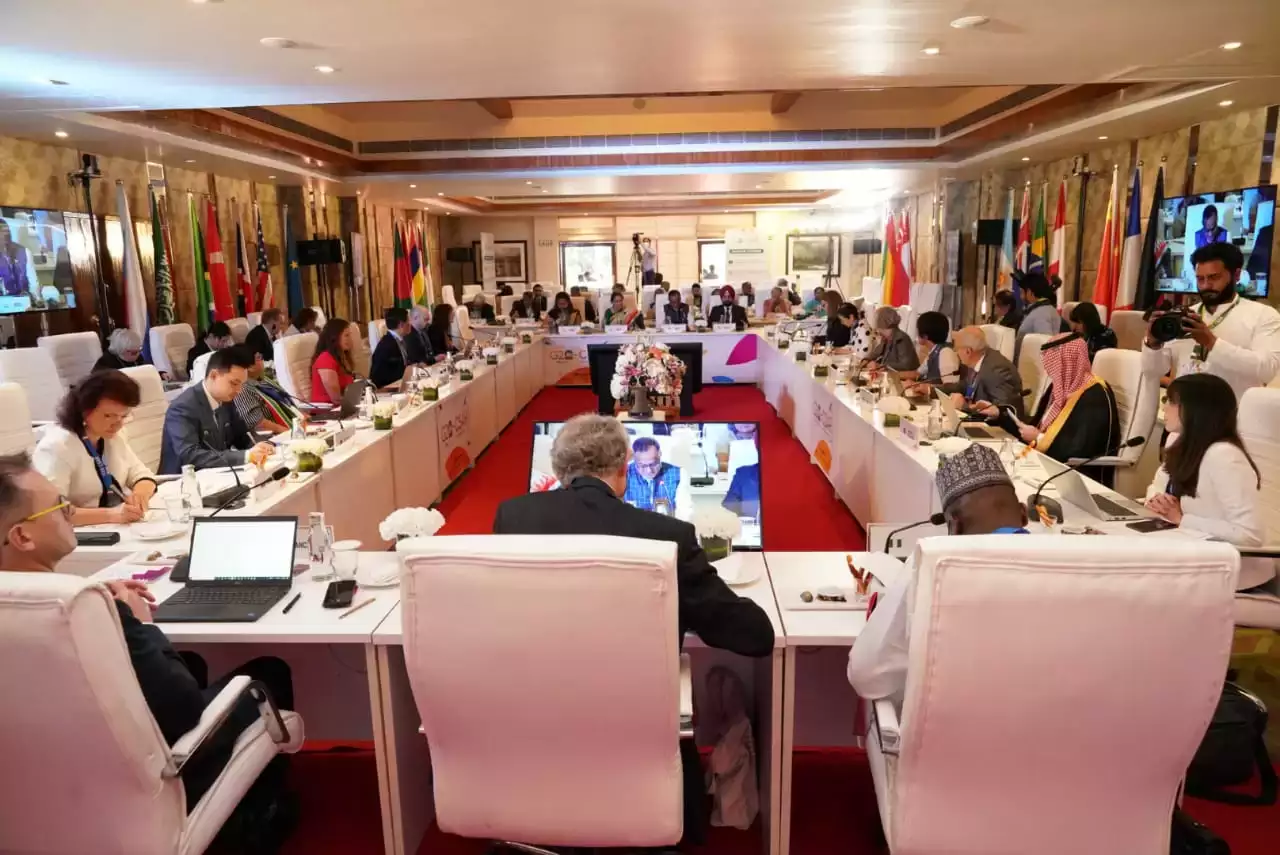Uttarakhand
The First Meeting of the G-20 Chief Science Advisers Roundtable (G20-CSAR)
- 30 Mar 2023
- 3 min read
Why in News?
On 29 March 2023, the first meeting of the G-20 Chief Science Advisors Round Table (G-20 CSAR) was held in Ramnagar, Uttarakhand in which global issues of mutual interest related to science and technology were discussed in depth.
Key Points
- It is noteworthy that G-20 CSAR is a flagship event under India's G-20 Presidency which is headed by the Office of the Principal Scientific Adviser to the Government of India.
- The following topics were discussed in the one day round table meeting-
- Pandemic preparedness plan for strong, adaptive and timely response to pandemics under the theme 'Opportunities in One Health for better disease control and pandemic preparedness'; Integrated disease surveillance systems for humans, livestock and wildlife, One Health's R&D roadmap for diseases and investments in analytics (such as disease modelling, AI/ML tools) and data standards were discussed.
- Free, instant and universal access, under the theme 'Coordinating global efforts to expand access to distinguished scientific knowledge'; reducing subscription fees to journals and the essay processing fees they charge; Establishment of interoperable links for national knowledge repositories with international knowledge repositories/archives and mandate of open access to make widely available the knowledge outputs of publicly funded scientific research etc. were discussed.
- Under the theme 'Facilitating Diversity, Equity, Inclusion and Access in Science and Technology (S&T)', the participating countries brought together under-represented, under-privileged, disadvantaged, minority communities as well as access to large scientific enterprise shared their efforts to facilitate access to tribal/native communities. The session also discussed ways to incorporate Traditional Knowledge Systems (TKS) into formal systems of knowledge through a scientific validation process and to recognize the potential of language diversity and remove barriers to access to scientific knowledge.
- The fourth session discussed the need for an institutional arrangement for an inclusive, sustainable and action-oriented global science and technology policy dialogue.





